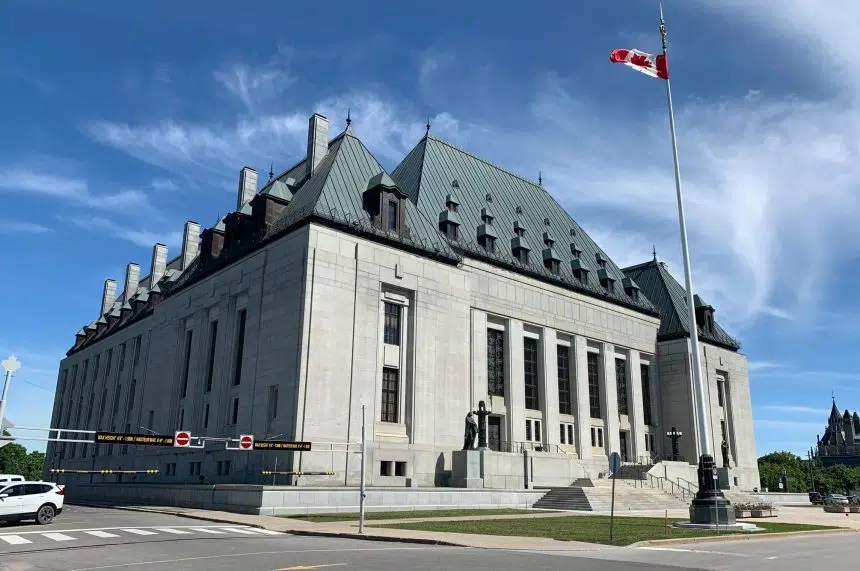By Susan McNeil
The Supreme Court of Canada has ruled that the Law Society of Saskatchewan did not abuse its process when it took six years to complete a disciplinary process against Prince Albert lawyer Peter V. Abrametz.
At one point in the years-long process, the issue of whether the whole thing took too long was before the Saskatchewan Court of Appeal.
The Saskatchewan court overturned the decision from the Law Society that had said the time between the investigation and the disciplinary actions wasn’t too long.
This was a mistake, said the Supreme Court, because the lower court used its own findings to make its decision.
“The Court of Appeal departed from its proper role when it substituted its own findings of fact,” wrote Justice Malcolm Rowe.
Abrametz was disbarred for four years in 2018 (but given a chance to appeal after two years) following an investigation of his trust accounts.
The investigation by the Law Society started with an audit in 2012 which found that Abrametz was making high-interest loans to vulnerable clients and writing cheques to fake people before endorsing them and cashing them.
In 2013, he was told he would be suspended temporarily but was then allowed to continue practising with conditions, such as not being allowed to accept, endorse or cash cheques.
A second notice was issued in 2014 with similar conditions but it was another year later before a formal complaint was issued.
In 2018, Abrametz was found guilty of four charges of conduct unbecoming a lawyer, at which point he was disbarred for four years.
Abrametz took the position that the Law Society had taken too long to investigate him and make a ruling, which the Society’s hearing committee then dismissed.
He appealed to the Court of Appeal, which overturned the hearing committee’s decision.
In the now-reinstated ruling, along with the four-year disbarment, Abrametz was ordered to pay more than $58,000 in costs to the Law Society. He was not allowed to reapply to join the group in order to practise unless the bill was paid.







